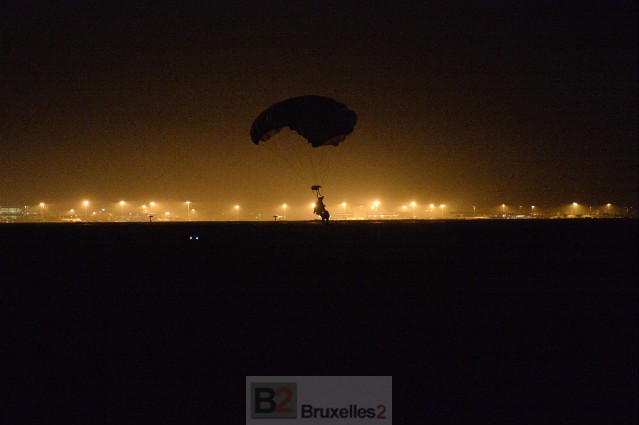For the EU, the solution in Afghanistan can (no longer) be solely military

(BRUSSELS2) The informal meeting of foreign ministers which just took place in Stockholm on 4 and 5 September (called Gymnich after the German castle where it was first held) will not have failed in tradition. There is the planned agenda... and the events that jostle it. Last year it was Georgia and the conflict with Russia (read Avignon meeting). This time, Afghanistan and Pakistan. Afpak - as the specialists call it - was definitely on the agenda. But it was a matter of taking stock of the possibilities for EU Member States to strengthen their involvement (and their weight) in the region, and above all to better coordinate their action.The NATO bombardment of two tank trucks in the hands of rebels (1) upset the situation. Although his death toll varies according to the sources, the number of victims - between 54 and 90 victims or killed including several civilians (2) - caused consternation among the Ministers and comments which gave the impression that the EU condemned military action. This is partly true (not all 27 seem unanimous on this point). But in my opinion, the debate and the condemnation are elsewhere (this time in a more consensual way). It is more the "all military", the need to review the strategy led in Afghanistan by the West that seems to be debated and criticized. In other words: should civil and political action complement military action (as Dane Rasmussen, Secretary General of NATO seems to be asking the EU), or should civil action take precedence or order? To listen to Carl Bildt, the minister
Swedish Foreign Minister who chaired the meeting, the answer seems clear. At least when you listen to it during the final press conference. A few excerpts that I remembered.
All military is no longer enough. « The perception of what we are doing in Afghanistan sometimes seems essentially military. In terms of expenses, it is true. The military operation is expensive. » And also in terms of (human) losses. “Several countries have lost strength. referring to the French and Polish soldiers who died on Friday and overnight. " We are making a sacrifice here for the security of the people of Afghanistan. But we cannot win with the military solution alone. This can be done through a process of stabilization (peace building), political, economic and civil. And the instruments of the EU are there».
Afghanistan better "governance" on several aspects: fighting against poppy production, against corruption - more than has been done -, strengthening the rule of law, (...). And that will take time (…) All the ministers have clearly reminded us of this. We are in Afghanistan for a long time. »
several billion euros per year. (…). But we need better coordination, to make sure we get the effect we want ».
NGV
(1) I prefer this term to that of Taliban which covers so many realities that it is no longer exact. One can also notice the presence of
these rebels now in the North, which confers a certain extension of the power of nuisance outside the usual strongholds of the rebellion.(2) Counting the victims of a violent action (attack or bombardment) is always very delicate. According to AFP information, after claiming that all the victims were "Taliban", the Atlantic Alliance confirmed that there were not only the Taliban. Then the Afghan government spoke of 90 victims (killed and injured) including many civilians, adding that it is "unacceptable". Sunday morning , the governor of the province cited a more precise assessment: 54 killed - 48 "armed" men (which is not quite the same as the "Taliban") and 6 civilians (including a child) -, and 15 wounded - including 2 "Taliban", which more or less confirms the first assessment.

Comments closed.